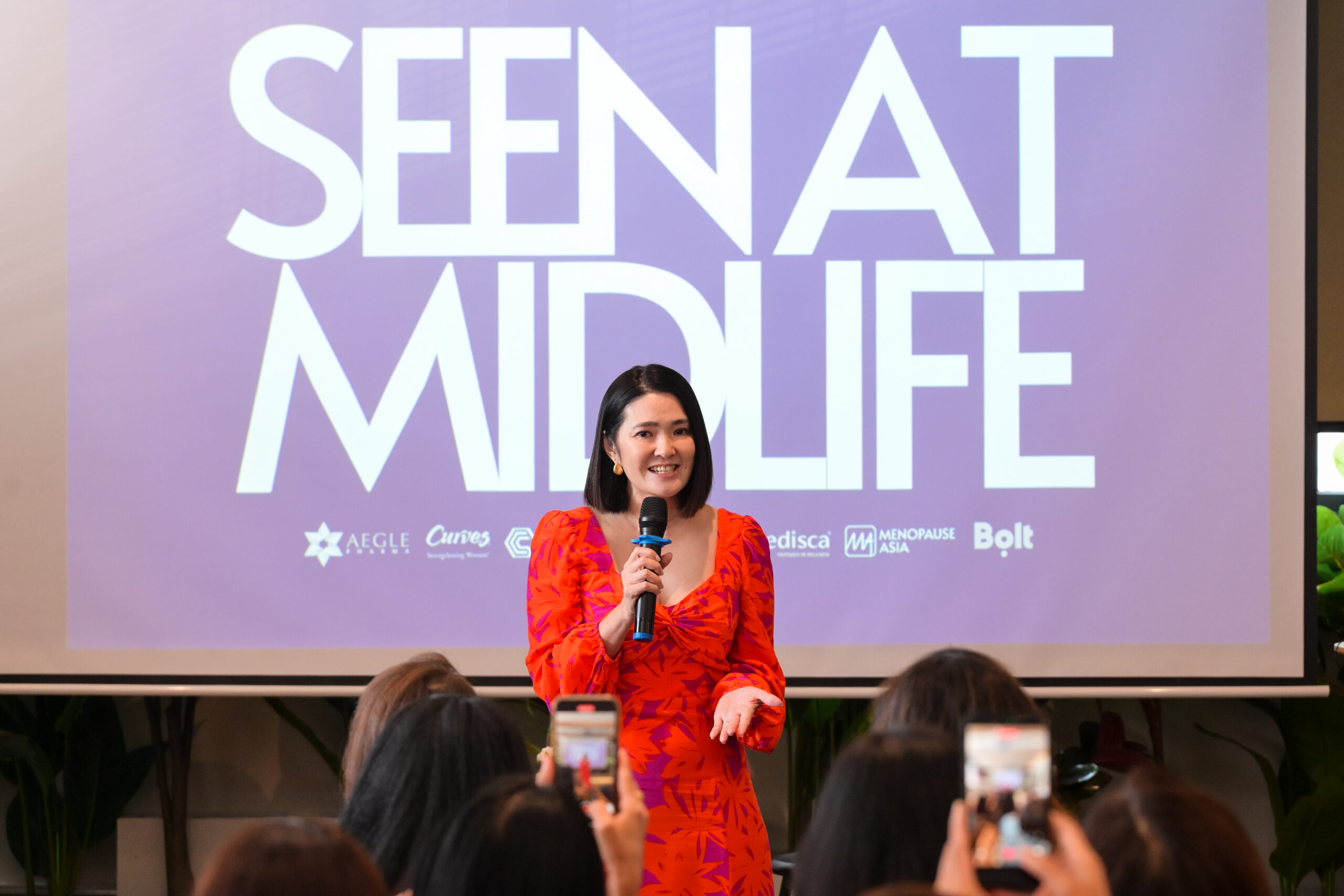#IWD2024: Mental health a keystone in employee benefits
- Champa Ha

“Policies such as equal parental leave, flexible work arrangements, and holistic men and women health support are crucial in catering to the diverse needs of all employees amid modern family dynamics and evolving gender roles.” – Larisa Beckhouse Okeke, Chief Marketing Officer (APAC), and Global Head of Insights at Cigna International Health
With a burgeoning increase in interest when it comes to mental health, more organisations are exploring expanding the benefits that help employees cope with issues. When it comes to understanding mental health in the workplace, much of the discussion stems from how to tackle the often-thorny issue of mental health in the workplace while remaining compassionate, nuanced, and open with employees and teams.
While organisations are becoming more understanding of the importance of mental health and wellness, there are still areas within women’s mental health and wellness that organisations may overlook. This includes reproductive health issues like postpartum depression and pregnancy loss, as well as mental health issues affected by physical health issues like menopause and hormonal changes.
“It remains uncommon for organisations to provide resources when it comes to managing symptoms like mood swings, anxiety and sleep disturbances,” shared Larisa Beckhouse Okeke, Chief Marketing Officer (APAC), and Global Head of Insights at Cigna International Health, a healthcare and health services provider offering the highest standards of care to protect people’s health and well-being. “Addressing these different aspects would require a holistic and inclusive approach.”
“In recent years, we have seen organisations making positive strides in benefits and policies pertaining to women’s health and wellness,” said Okeke, who has worked over two decades in marketing and research insight. Using her knowledge as a degree-trained research psychologist, Okeke helps Cigna determine what drives people’s behaviour, and how best to apply data and insights to underpin marketing and product strategy.
Understanding mental health and wellness for women is becoming more pertinent. Data from Cigna Healthcare Vitality Study 2023 showed how 91% of female employees in Asia Pacific who have children under the age of 18 say that they are experiencing stress, with most citing “Too much work” as the highest stressor.
Organisations should engage in continuous, ongoing dialogue, conducting regular assessments, and involving women in the creation and development of benefits and policies to ensure they effectively meet the diverse needs of female employees, she shared.
Restructuring benefits policies, however, would require organisations to understand the needs of employees and consider solutions that not only manage costs for the organisation but also provide meaningful value to the team.
“According to our Cigna Healthcare Vitality Study 2023, the top three elements of a robust health and well-being programme in the workplace expressed by employees across Asia Pacific are private health insurance that includes local coverage (66%), flexible time off / work arrangements (57%) and mental health support that’s focused on addressing issues such as anxiety, depression etc (32%),” Okeke shared.
A strategy that organisations can consider includes offering comprehensive mental health support that gives employees access to mental health services such as counselling and therapy and employer assistance programmes (EAPs) for confidential support or integrating mental health resources into wellness programmes. Other strategies include caregiver support that offers employees flexible scheduling or remote work options; and regular assessment and feedback from employees in the form of surveys or focus groups.
“If we are looking at strategies specific to women’s health and wellness, maternity and paternity leave policies that align with best practices should be in place alongside having a supportive environment for parents, such as providing designated spaces for breastfeeding,” shared Okeke. “Another area related to women’s health and wellness in which organisations can support their employees is through the provision of fertility benefits in employee health plans, which can help families navigate the challenges and complexities of fertility treatments and pregnancy, alleviating some of the stress that comes with them.”
Cigna Healthcare offers clients the option of a fertility benefit through international health plans, which Okeke along with her team has seen an increase in requests for this benefit. It is a sign that employers are recognising the importance of fertility as part of their rewards strategy, and Cigna Healthcare’s Clinical Case Management teams may support members undergoing fertility treatment by giving panel provider recommendations, pregnancy care tips, and pre-authorisation support for delivery.
So what does Okeke hope more organisations consider when it comes to incorporating benefits for all genders? Firstly, she hopes that employers approach benefits and workplace strategies with an inclusive mindset, with no influence of gender biases and stereotypes. “Policies such as equal parental leave, flexible work arrangements, and holistic men and women health support are crucial in catering to the diverse needs of all employees amid modern family dynamics and evolving gender roles,” she espoused.
She also cited the importance of tailoring mental health benefits to address unique challenges faced by individuals of any gender, and ensuring equal opportunities for career advancement, salary transparency, and educational initiatives on gender diversity. To ensure this happens, organisations need to implement regular feedback mechanisms that refine and improve benefit offerings continually.
“By embracing these principles, organisations can create environments that not only support the well-being of all genders but also foster diversity, equity, and a thriving workplace culture,” Okeke concluded.
Join Larisa Beckhouse Okeke at the Work Reimagined content theatre on April 25 at 2pm where she will explore vitality as a key measure of wellbeing and its critical importance in enhancing business outcomes. The Work Reimagined content theatre is part of HR Tech Festival Asia 2024, which is taking place from April 24-25 at the Marina Bay Sands Expo and Convention Centre in Singapore.
International Women’s Day 2024 Features:
Why inclusivity is the lifeblood of Linklaters – Laure de Panafieu, Asia Head of Employment, Linklaters Singapore
Cultivating inclusivity and diversity for women at work – Karen Ng, Head, Digital Solutioning, ENGIE South-East Asia
Celebrating female employees’ achievements – Koren Wines, Managing Director, Xero Asia
Creating inclusive societies within workplaces – Toyin Ope, Head of Inclusion and Diversity, Asia Pacific at Visa
The future of technology is diverse and inclusive – Dr Shang Gao, Global Education Asia Pacific Director, Amazon Web Services (AWS)






